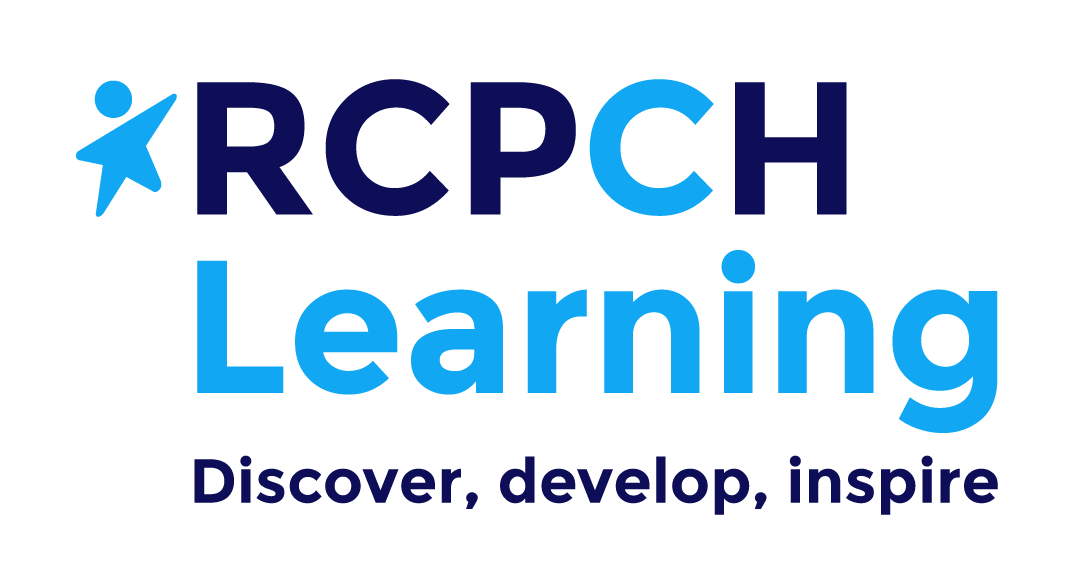How to Manage: Non-Malignant Haematology
This study day will help you develop an approach for the management of non-malignant haematological problems, including sickle cell disease, thrombocytopenia, thalassaemia and thrombosis.
What is the course about?
This study day will help you develop an approach for the management of non-malignant haematological problems, including sickle cell disease, thrombocytopenia, thalassaemia and thrombosis.
Target Audience
- Paediatric trainees
- SAS doctors and newly qualified consultants
- General paediatricians practicing in DGHs and the community.
Learning Aims, Objectives and Outcomes:
Aim:
This course will increase your skills and knowledge in managing common cardiac problems within paediatrics and provides delegates with the clinical skills to undertake paediatric ECG assessment.
Outcome:
By the end of this course you will be able to:
- Investigate and diagnose common non-malignant paediatric haematology problems in children.
- Describe normal and abnormal neonatal haematology.
- Outline the treatment options for children with acquired and inherited anaemias including iron deficiency, thalassaemia, and sickle cell disease.
- Discuss the investigation and management of immune thrombocytopenic purpura.
- Describe the investigation and principles of management of children with abnormal blood clotting, including children with bruising, abnormal bleeding and thrombosis.
- Develop an approach to investigating and managing children with unexplained low neutrophil counts.
Faculty Lead
Professor David Rees
Professor Rees is a consultant paediatric haematologist at King's College London and King's College Hospital. He is involved in the care of more than 500 children with sickle cell disease and other inherited red cell disorders and has an active research program in this area.
